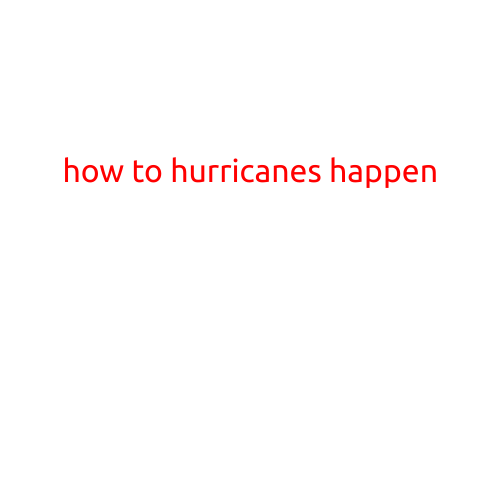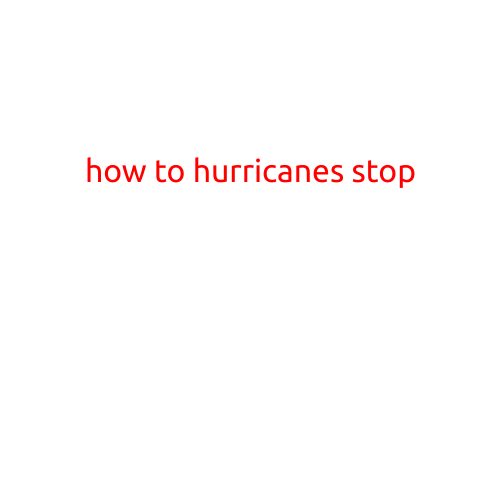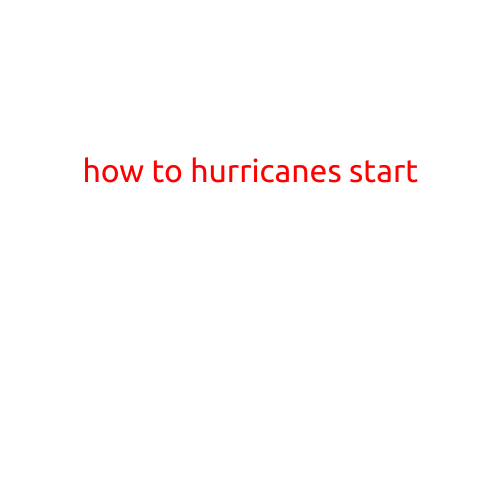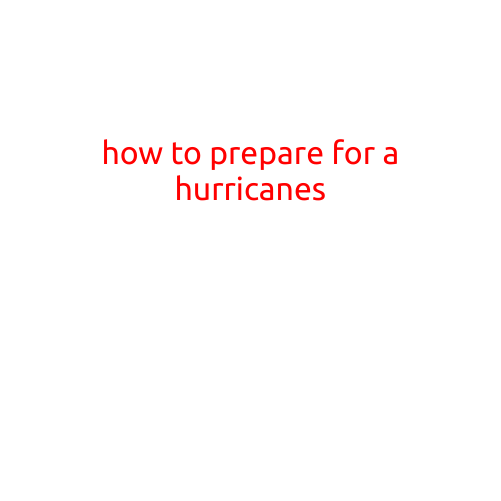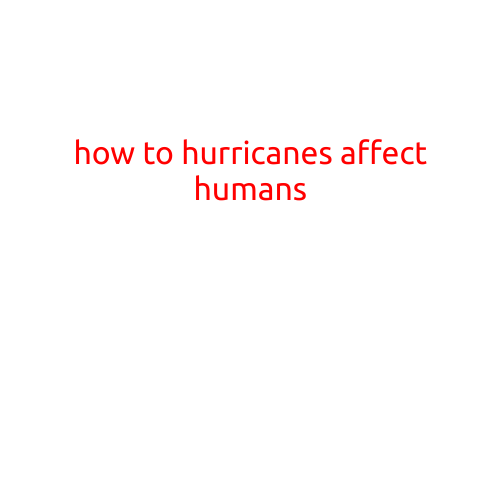
How Hurricanes Affect Humans: Understanding the Impact of Storms
Hurricanes are powerful tropical cyclones that can have a devastating impact on human populations. These storm systems bring strong winds, heavy rainfall, and storm surges that can cause significant damage to infrastructure, property, and the environment. But how do hurricanes affect humans, and what are some of the ways that people are impacted by these powerful storms?
Immediate Effects
When a hurricane makes landfall, the immediate effects on human populations can be severe. Strong winds can:
- Cause widespread destruction of buildings, bridges, and other infrastructure
- Knock out power lines, leaving thousands without electricity
- Uproot trees and power lines, blocking roads and making travel difficult
- Disrupt communication systems, making it difficult to receive important updates and information
Heavy rainfall from hurricanes can also lead to:
- Flash flooding, which can trap people in their homes and make it difficult to evacuate
- Landslides and mudslides, which can block roads and damage homes
- Contamination of water supplies, making it difficult for people to access clean drinking water
Storm surges, which are walls of water pushed ashore by hurricanes, can cause:
- Coastal erosion, which can destroy homes and businesses
- Flooding of low-lying areas, which can trap people in their homes
- Damage to piers, marinas, and other coastal infrastructure
Long-Term Effects
While the immediate effects of a hurricane are often the most devastating, the long-term effects can also be significant. Hurricanes can lead to:
- Displacement: Depending on the severity of the storm, people may be forced to leave their homes and move to temporary housing or communities.
- Health Issues: Floodwaters can contain sewage, chemicals, and other pollutants, which can lead to the spread of diseases. The stress of a disaster can also exacerbate pre-existing medical conditions.
- Economic Impact: Hurricanes can have a significant impact on local economies, leading to job losses and financial instability.
- Environmental Concerns: Hurricanes can also have long-term environmental impacts, such as changes to coastlines, wildlife habitats, and ecosystems.
Psychological Effects
In addition to the physical impacts of a hurricane, people can also experience significant psychological effects. The trauma of a disaster can lead to:
- Post-Traumatic Stress Disorder (PTSD): Survivors of a hurricane may experience flashbacks, nightmares, and avoidance behaviors as a result of the trauma.
- Anxiety and Depression: The stress and uncertainty of recovering from a hurricane can lead to feelings of anxiety and depression.
- Loss of Identity: Displacement and loss of belongings can lead to a sense of loss of identity and purpose.
Conclusion
Hurricanes are powerful natural disasters that can have a significant impact on human populations. Understanding the immediate and long-term effects of hurricanes is crucial for developing effective disaster response and recovery strategies. By recognizing the ways in which humans are affected by hurricanes, we can work to build more resilient communities and provide support to those who have been impacted by these devastating storms.
